This question assumes that God-ness is something that all three persons participate in. This is the fallacy. On my view God-ness is not the same thing as divinity. Only one person is God and that is the Father. God-ness is not something abstract as a divine attribute. God-ness is a hypostatic property of the Father alone. The mistake is the way people use the word “God”. Many think it means divinity, or deity. I think, with the Nicene creed that it means origo, auto-theos, source of operation.
Unitarianism [Capital “U”] says that only one person is DIVINE (Nature). Nicene Monarchism (My view-unitariansm [lowercase “u”]) says that only one person is GOD (Hypostasis-Person). The Bible at no point refers to the One God as an abstract essence/subject or nature/subject that attaches to three other relation subjects or the absolute blasphemy of the Tri-Theistic or Monadistic phrase “God the Father, God the Son and God the Holy Ghost”. The only time the NT uses the word “Theos” and attaches a numeric value to it, it is referring to the Father; never to the son or spirit. And the fact remains, the One God is never said to be a divine nature. The Scripture does describe ******the Father****** as the one person who is, “tou monou Theos” (John 5:44 “How can you believe, when you receive [fn]glory from one another and you do not seek the [fn]glory that is from the one and only God?), “ton monon alethinon theon” (John 17:3 “This is eternal life, that they may know You, the only true God, and Jesus Christ whom You have sent.) and “eis theos” (1Cor 8:6 yet for us there is but one God, the Father, from whom are all things and we exist for Him; and one Lord, Jesus Christ, by whom are all things, and we exist through Him; Eph 4:6 one God and Father of all ).
Some may object: Wait! Didn’t Ryan say, “To be divine is to be eternal, omniscient, good, just, etc. These are universals which may be predicated of the Father, of the Son and of the Spirit; that is, each is divine because there are a set of distinct, divine attributes which may be predicated of each of them.” http://unapologetica.blogspot.com/2012/09/drake-sheltons-triadology-summary.html
Does this not imply that there is a realm of universals higher than the persons? No! Why? Because these universals are Ideas within the mind of the Father. They are the activity of the Father’s being/mind. True, the activity is caused by the being/mind but that in no way implies that the being/mind is caused. Remember, the Father is the absolute and independent person. He is the only person that possesses these attributes independently. The Son and the Holy Spirit emanate (Christian sense not Plotinian) from the Father eternally, therefore, they possess these attributes in a mode different from the Father, that is derivatively. But doesn’t that mean that the Son and Holy Spirit are different in generic substance from the father? No! Why? Because independency and absoluteness (they mean the same thing) pertains to the hypostasis of the Father, not his nature.
The hypostasis of the Father is therefore the first (logical not necessarily chronological) and highest principle; the One God to whom all peoples owe allegiance, worship and obedience: Shema Yisrael!



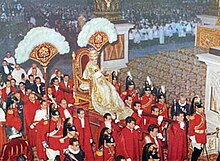
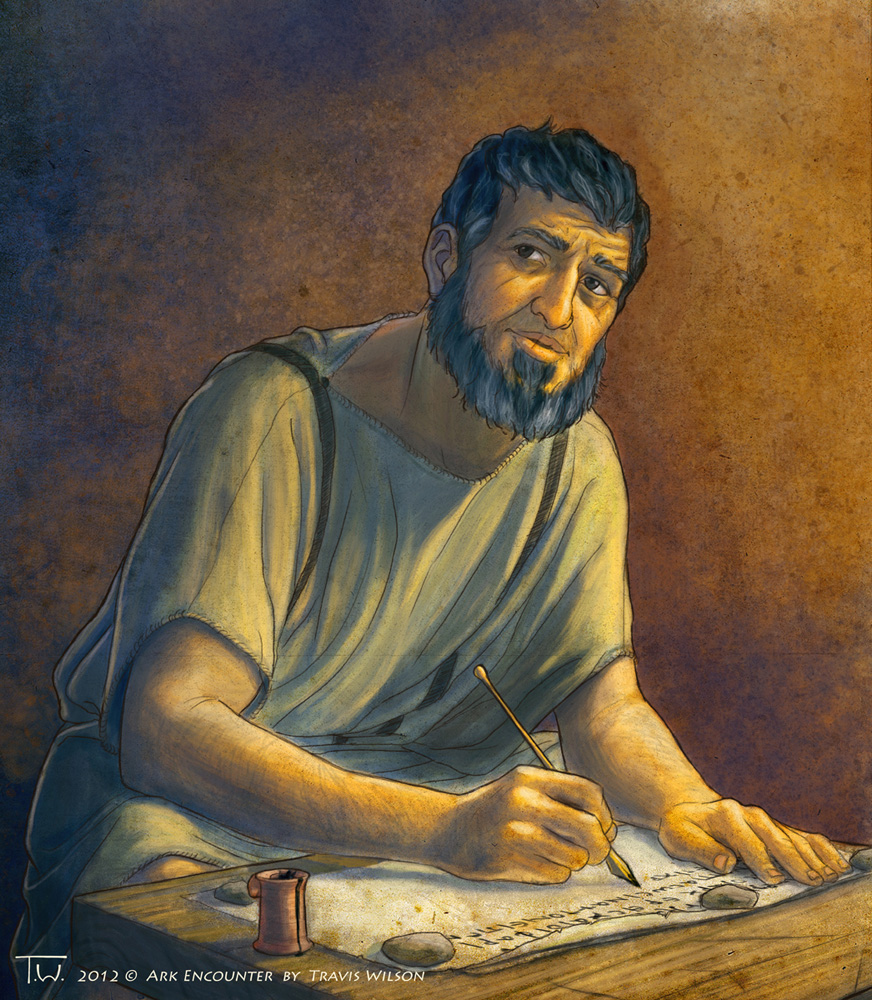
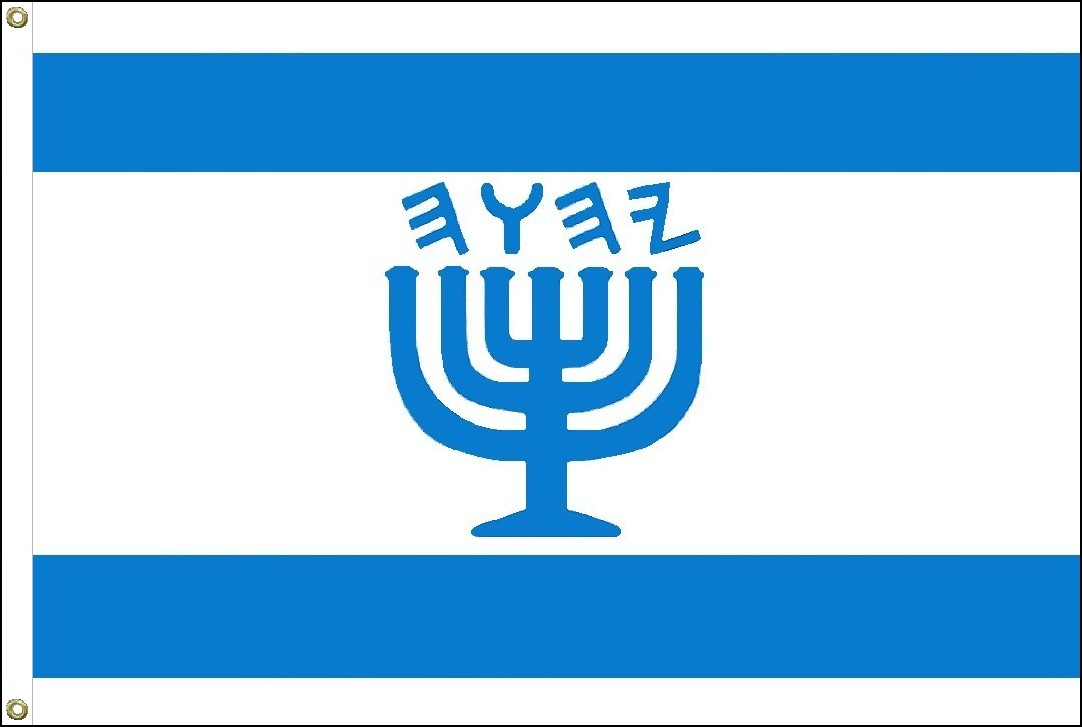

-1-.jpg)

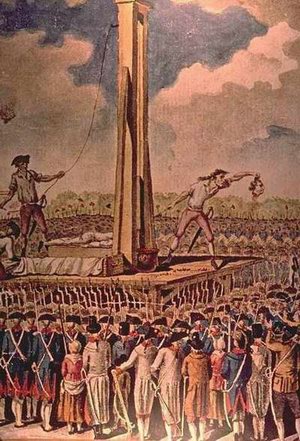










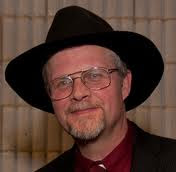

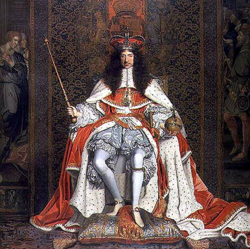
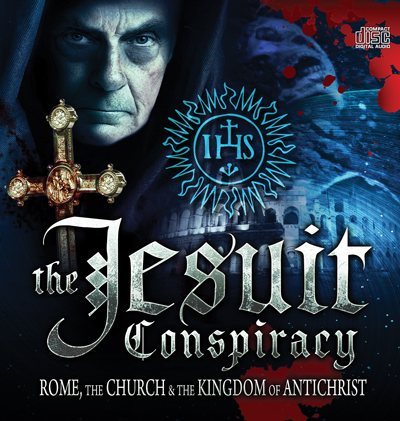









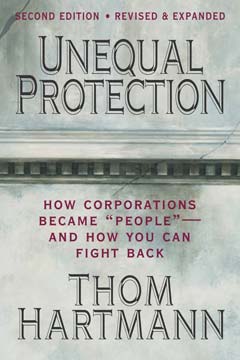
Drake, out of curiosity, do you still call Mary the mother of God?
That’s a good question. I affirm the meaning behind the phrase Theotokos, in that Mary was not merely the mother of a human nature, but a mother of a divine person’s human life. Obviously you are aware of the terminological clarifications I would make but the Scriptures do in fact use the term Theos to refer to the Logos. Therefore, the term Theotokos is therefore, not in itself erroneous. She is not the mother of the ONE God.
I’m more comfortable stating the meaning of “God” hinges on what sort of modifiers are associated with it – and I think you would agree with that – but I certainly agree that it always refers to a divine person.
Also, thanks for clarifying my statement. Those familiar with Clark’s own distancing from Platonism in his book on the Trinity would not misunderstand me, but others might.
Drake, I was wondering if you still hold to the same view of images of Christ. If the second commandment of Exodus 20 prohibits making an image of the One God [the Father], are not Christ and the Spirit excepted, because they are different Persons? I reviewed the iconoclast council of AD 754, and their creed states that it’s wrong to make an image of Christ because it’s wrong to represent “the Godhead” [essence?]. But the 2nd commandment doesn’t say that, and I don’t see how it’s possible to represent an “essence.” Only individuals can be represented… give me your thoughts. This is a controversial issue and I still got a lot to learn. Thx!
Max,
“Drake, I was wondering if you still hold to the same view of images of Christ.”
>>>Yes. I have yet seen warrant from the scripture to think it a safe practice.
“If the second commandment of Exodus 20 prohibits making an image of the One God [the Father], are not Christ and the Spirit excepted, because they are different Persons? I reviewed the iconoclast council of AD 754, and their creed states that it’s wrong to make an image of Christ because it’s wrong to represent “the Godhead” [essence?]. But the 2nd commandment doesn’t say that, and I don’t see how it’s possible to represent an “essence.” Only individuals can be represented… give me your thoughts. This is a controversial issue and I still got a lot to learn. Thx”
>>>Those are good points but I have a reply that has a sure and firm foundation:
Jesus received lawful acts of worship as he was God’s icon on earth as Owen points out.
John Owen, Works, Vol 1, ed William H Goold, 1862, pg. 70-78
“In the person of Christ we consider both the constitution of it in the union of his natures, and the respect of it unto his work of mediation, which was the end of that constitution. And- – (1.) Therein, as so considered, is there a blessed representation made unto us of all the holy properties of the nature of God of his wisdom, his power, his goodness, grace, and love, his righteousness, truth, and holiness, his mercy and patience. As this is affirmed con cerning them all in general, or the glory of God in them, which is seen and known only in the face of Christ, so it were easy to mani fest the same concerning every one of them in particular, by express testimonies of Scripture. But I shall at present confine myself unto the proofs of the whole assertion which do ensue. (2.) There is, therein, the most incomprehensible approach of the divine nature made unto ours, such as all the imaginations of men did ever infinitely fall short of as hath been before declared. In the assumption of our nature into personal union with himself, and our cognation unto God thereby, with the union which believers ob tain with him thereon being one in the Father and the Son, as the Father is in the Son, and the Son in the Father, (John xvii. 20, 21,) there is the nearest approach of the Divine Being unto us that the nature of things is capable of. Both these ends were de signed in those representations of God which were of human inven tion ; but in both of them they utterly failed. For, instead of repre senting any of the glorious properties of the nature of God, they debased it, dishonoured it, and filled the minds of men with vile conceptions of it; and instead of bringing God nearer unto them, they put themselves at an infinite moral distance from him. But my design is the confirmation of our assertions from the Scripture. ” He is the image of the invisible God:” Col. i 15. This title or property of ” invisible/ the apostle here gives unto God, to show what need there was of an image or representation of him unto us, as well as of one in whom he would declare the counsels of his will. For he intends not only the absolute invisibility of his essence, but his being unknown unto us in himself. Wherefore, (as was before observed,) mankind was generally prone to make visible representa tions of this invisible God, that, in them, they might contemplate on him and have him present with them, as they foolishly imagined. Unto the craft of Satan abusing this inclination of mankind, idolatry- owes its original and progress in the world : howbeit, necessary it was that this invisible God should be so represented unto us by some image of him, as that we might know him, and that therein he might be worshipped according unto his own mind and will. But this must be of his own contrivance an effect of his own infinite wisdom. Hence, as he absolutely rejecteth all images and representations of him of men s devisings, (for the reasons before mentioned,) and declares that the honour that any should think would thereby redound unto him was not given unto him, but unto the devil; so that which he hath provided himself, unto his own holy ends and purposes, is every way approved of him. For he will have ” all men honour the Son, even as they honour the Father;” and so as that ” he who honoureth not the Son, honoureth not the Father:” John v. 23. This image, therefore, is the person of Christ ; ” he is the image of the invisible God.”
http://olivianus.thekingsparlor.com/christology/john-owen-on-christ-as-the-image-of-god-and-icons-ed-drake
God has only prescribed one icon.
Ok, I read that but he didn’t say why it’s wrong to make a picture / statue of Christ as a memorial / monument (not idol). When you say God has prescribed one icon, do you mean the symbols of bread and wine in the Supper? The iconoclast creed said: “The only admissible figure of the humanity of Christ, however, is bread and wine in the holy Supper.”
But I think they contradict themselves in that they condemn Nestorianism earlier in the creed, and now they say it’s only His humanity being represented by the bread. In the Bible, one’s body and their own self are often synonymous, as Christ said in John 6:51 – “I am the living bread which came down from heaven. If any man eat of this bread, he shall live forever, and the bread that I will give is My FLESH, which I will give for the life of the world.” Wait a minute, Paul said Christ “gave HIMSELF for me” (Gal. 2:20). So did Christ give himself or his body? Were there two sacrifices for sin? “… one sacrifice for sins forever…” (Heb 10:12).
Therefore it’s evident that body and self are often synonyms. The bread therefore represents Christ himself, not only his body [else Christ was a Nestorian!!!], and the breaking of it represents His death – not only of his body. I’d like your feedback.
Max,
” When you say God has prescribed one icon, do you mean the symbols of bread and wine in the Supper?”
>>>No, the human nature of Christ.
“The iconoclast creed said: “The only admissible figure of the humanity of Christ, however, is bread and wine in the holy Supper.”
>>>Sounds good.
“But I think they contradict themselves in that they condemn Nestorianism earlier in the creed, and now they say it’s only His humanity being represented by the bread.”
>>>What else do you want them to say?
“In the Bible, one’s body and their own self are often synonymous, as Christ said in John 6:51 – “I am the living bread which came down from heaven. If any man eat of this bread, he shall live forever, and the bread that I will give is My FLESH, which I will give for the life of the world.” Wait a minute, Paul said Christ “gave HIMSELF for me” (Gal. 2:20). So did Christ give himself or his body?”
>>>The two were and are inseparable.
“Were there two sacrifices for sin? “… one sacrifice for sins forever…” (Heb 10:12).
Therefore it’s evident that body and self are often synonyms. The bread therefore represents Christ himself, not only his body [else Christ was a Nestorian!!!], ”
>>>Agreed.